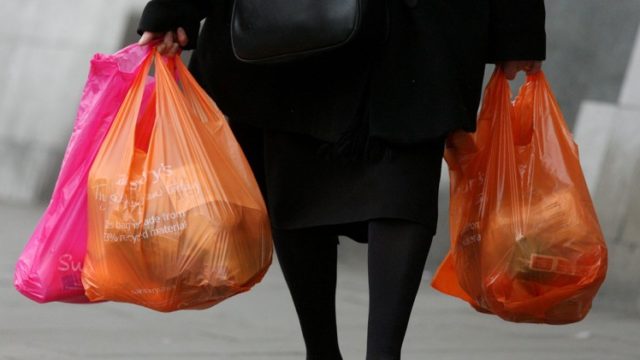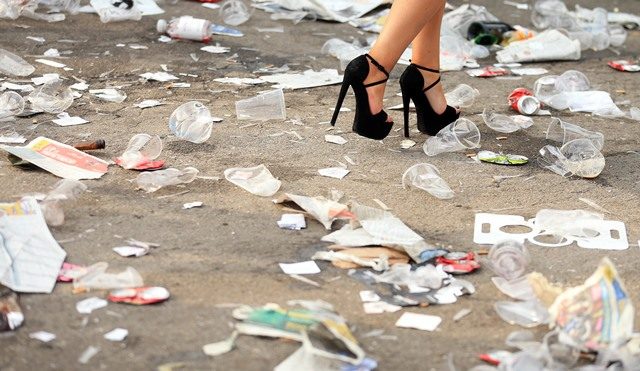After all the time, energy and money spent on various climate summits, France has become the first country to actually take measures to make a difference with action and not just words. A bold move has been taken by the government as a part of their Energy Transition for Green Growth plan, to ban the use of plastic cups and cutlery. However, this law will come into effect only in 2020.
This is not the first time that France has taken measures to reduce pollution caused by the use of plastic. Earlier this year, it had also banned the use of plastic bags, a law that is in effect from July 2016.
Even though the two laws can seem very satisfying at first, they are just the initial steps that have been taken so that people can probably get used to not using plastic. The ban on the plastic bags is only limited to the one-time used clear and flimsy bags that are frequently found in supermarkets and grocery stores. It did allow the use of reusable plastic bags that have a thickness of more than 50 microns.
Similar exceptions can also be noticed with the ban on plastic cups and cutlery.
Why Is The Ban Applicable Only From 2020?
Well, the reason is simple.
In order to save the earth, the government can in no way harm the capitalists. More so, a material that has been persistently used by people for a really, really long time cannot be completely eradicated all of a sudden.
So, the law plays safe.
It does not completely abolish the use of plastic cups, plates, and cutlery. The time frame given is for the producers to be able to device a substitute that can be composted, over a short duration and does not take 400 odd years to decompose. This substitute will not only help producers to not run out of business but will also satisfy the crowds.
The Critics
The world would be incomplete without them. In this case, it is the Pack2Go Europe which is a Brussels- based organization representing European packaging manufacturers. They raise two important points-
- There is no guarantee or proof that the biologically- sourced material is going to be any better that the material that is currently in use.
- Allowing the production of cutlery made from such materials might counter and increase the problem of littering, as people might throw it around because it will be sold as a biodegradable product. (Won’t setting up bins help tackle this? Is it really something that should even be considered ‘valid’ point?)
The world has been widely affected by environmental ‘disorders’ and even the smallest change can hope to make a difference. It is definitely important that the new methods that come into being are thoroughly researched and checked for its effect on the environment, and well that’s what the window period has been provided for.
More so, it is not the first time that such a thought has occurred in the minds of the government, and the people. There are methods that have been developed on a small scale to substitute for the menace that is caused by the use of plastic, and eradicating it one step at a time is something that should be encouraged.
France has taken its first step. Will the world follow?
Let’s hope so.
You May Also Like:
http://edtimes.in/2016/02/plastic-man-plastic-disposal/




































